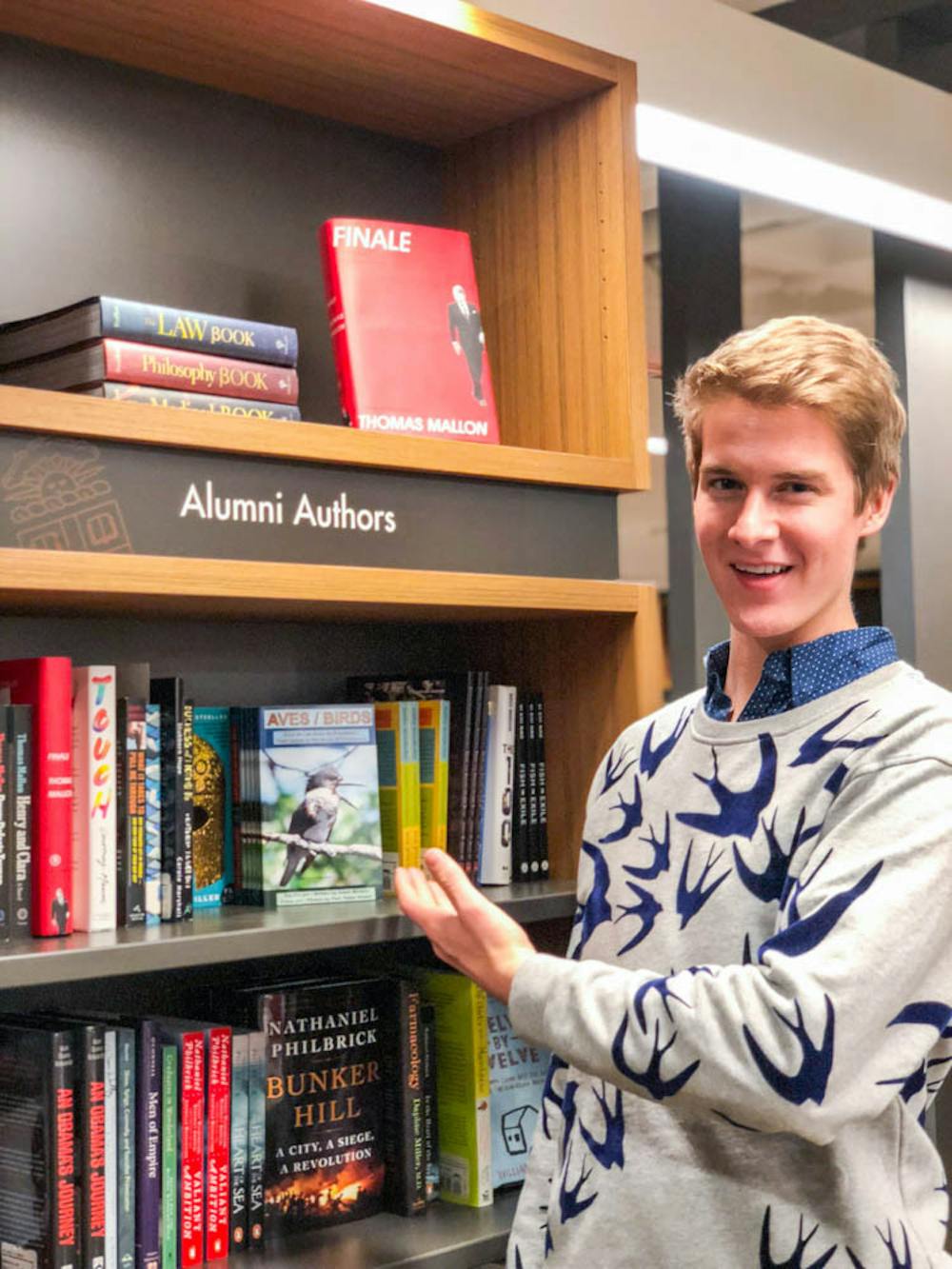Students have begun preparations to pilot a birding program that will become an optional part of HIST 1977B: “Feathery Things: An Avian Introduction to Animal Studies,” taught by Nancy Jacobs, professor of history. The program is expected to fully launch Fall 2019 and will use a bilingual Spanish-English bird guide entitled AVES/BIRDS written by Adam Moreno ’18.
The program will pair University students with children at a local elementary school in Providence to birdwatch together using Moreno’s guide.
Moreno hopes that his bilingual book will help increase participation in nature from underrepresented communities. “When I would go home to my Colombian family, there wasn’t such a strong connection with nature,” Moreno said.
Moreno said that there is a lack of birdwatching resources written in Spanish and hopes that his field-guide “can help break through that barrier and provide more resources to Spanish speakers, along with opportunities to learn and to engage between nature.”
This program is based on a model designed by Trish O’Kane, a lecturer at the University of Vermont, when she was a graduate student at the University of Wisconsin-Madison. “I lived in a lower-income neighborhood with a great park, great kids and great birds,” O’Kane said in an email to the Herald. “There was no environmental programming in the park and a lot of latch-key kids who needed something positive to do after school.” She then trained college students to work with schoolchildren and help them birdwatch.
O’Kane has since brought her program to the University of Vermont.
Jacobs’ class is part of the Engaged Scholars Program, which connects “students, faculty and community partners through community engagement, engaged scholarship and social innovation,” according to the website of the Swearer Center for Public Service.
Because of the ESP, the class received a grant to bring O’Kane as a guest speaker on Feb. 18.
The class studies the intersection between history and animals. “Our relations with animals are structured by all of the same many qualities that structure every other part of our life. Race, class and gender really shape how people relate to birds,” Jacobs said. The birding program will complement the “Feathery Things” course by allowing students to engage with the community and impact local children.
Moreno started his bird guide as a final project for Jacobs’ class, and then turned it into a book that he self-published in November 2017. His book is unique in that it is the only bilingual locally-based bird-guide tailored to children and beginners, he said. The hardest part of the process was “finding all the names in Spanish for the birds,” Moreno said.
For every book that is purchased, Moreno will donate one to schools.
Abigail Atkinson ’19, president of the Brown Student Birding Club, said that she and other members of the club plan to participate in the birding program. “Once the program has been established, I think that it can become really wonderful for both college and elementary school students,” Atkinson said.





